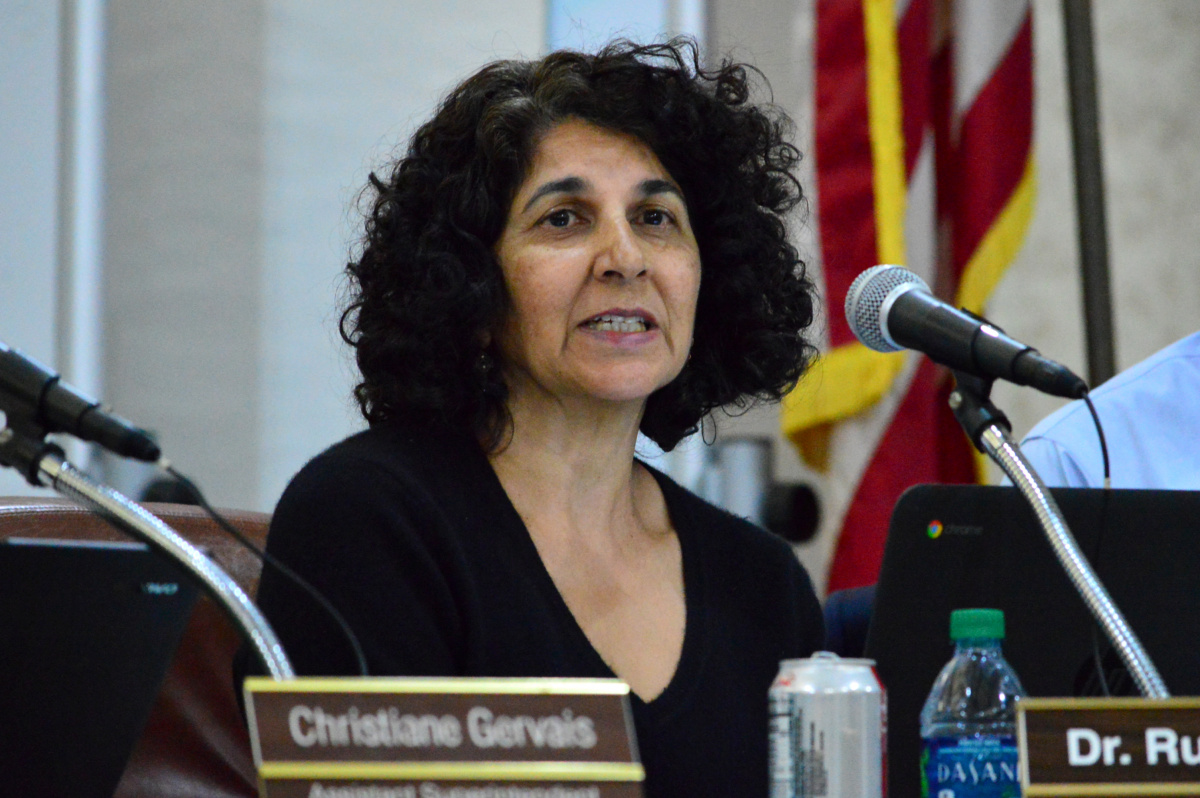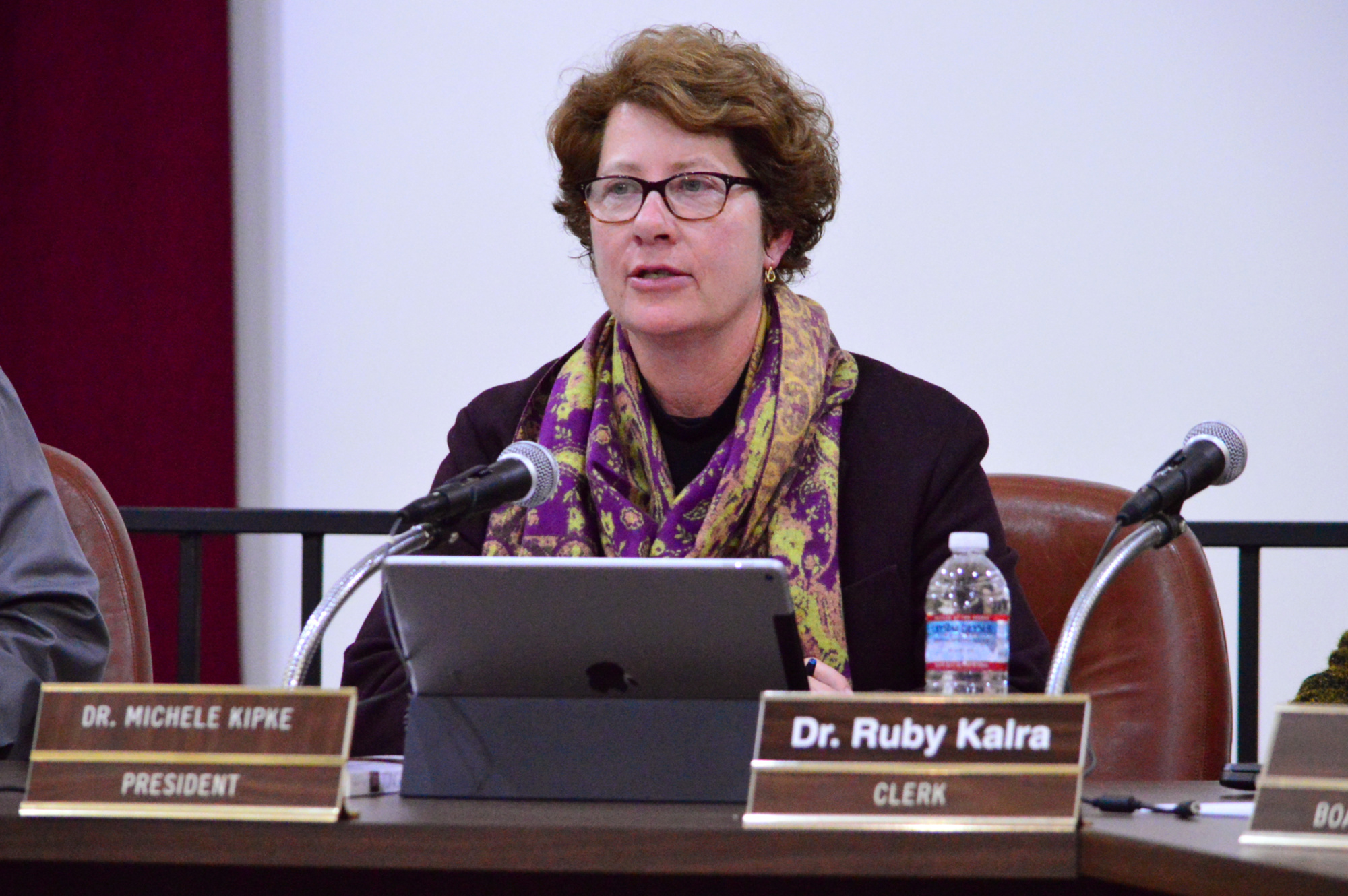A resolution was approved by the South Pasadena Board of Education Tuesday night to move toward district-based elections.
The resolution calls for the action to go into effect for elections starting in 2022.
The effort to move away from at-large elections comes as a result of a demand letter from the law firm of Shenkman & Hughes alleging the local school district is in violation of the California Voting Rights Act (CVRA).
The school district will be required to pay $30,000 in attorney fees, the maximum allowable by statute, to the firm. In 2017, the City of South Pasadena was faced with similar action when it was pushed by Shenkman to establish districts for future elections.
The Malibu attorney alleges in legal action against cities that the current at-large election method disenfranchises Latino and African-American voters, denying them effective political participation. He believes his efforts, including some lawsuits reaching into the millions, will increase the number of Latino and African-American representatives on city councils and school boards.
“The work will be started by the board following the results of the 2020 Census,” said South Pasadena Unified School District Superintendent Dr. Geoff Yantz. “We will be required to take that data, secure the services of a demographer, and hold several public meetings,” in preparation for the 2022 election.
Yantz said the process the board must follow is dictated by law. “It’s not something the district decides,” he said. “We have to follow the procedures of certain public meetings. The board has to use the criteria stipulated in order to draw up boundaries.”

Five different districts will be drawn up as future board members will represent each one.
Obviously not pleased with what’s in front of the board, the superintendent said, “South Pasadena Unified School District has been operating for a very long time, so it’s disheartening, disappointing and is very difficult to accept.”
Residents will now have one vote for each person in a district, “so they lost four out of their five votes for representation,” explained Yantz. “In a way [through district voting] they have less representation, when the law is intended to have more representation. Being a small community, a small district, it really doesn’t match up for its purpose.”
Going through the process “will take us away from other important matters,” said Yantz. “Based on the Census data every 10 years we’ll have to update the boundaries. There’s a potential for a distraction at that time as well. You have to accept it, move on and make the best of it.”
Kevin Shenkman, 40, has been suing cities and school districts throughout California after sending out demand letters insisting they change the way they elect members of their city councils and school districts to increase African-American and Latino representation.

So far, while Shenkman is facing plenty of critics and legal opposition, all the winning has been on his side as some cities have tried pushing the envelope in court but come up short, a number bankrolling millions in the fight.
“I am confident this community cares deeply about the education system here,” continued Yantz. “There are great people in this community and we’ll figure it out.”
Board of Education member Jon Primuth said there were a lot “of fighting words” when the issue initially came to light. “We don’t want to give up our small town characteristics that quickly,” he said. “We believe our town is unique. Our town is inclusive. We believe our town values diversity. Any kind of a settlement that is going to create division or is going to divide us into small groups to achieve a certain goal is problematic. The city went through this and the city had a lot of fighting words and at the end of the day they had to sub-district just like we are.”
Primuth agrees with a number of City Council members three years ago who said the law is flawed. “The CVRA really is flaw,” he insisted, “because it really sets up a losing situation for us, even though I don’t think there’s any real significant problems with how our voters vote. Nevertheless, we have a settlement. This is an important settlement. It saves the district money. It saves us headaches. It does shrink our democracy in my view because everyone goes from voting for five different positions on the school board to one over four years. Instead of having five votes, you now have one vote. However, there is social and public policy in favor of this, so I have to sort of bow my head and go along with it.”

Every angle on how to approach the situation was looked at, stressed Primuth, noting he was “reluctantly in favor of adopting” the resolution. “In the future I hope the flaws in the law can be addressed.”
Fellow board member Zahir Robb said Primuth’s reluctance was felt throughout the 5-member body since Shenkman’s letter arrived on Yantz’s desk. “It does mean changes for the school district in terms of elections,” he said. “It will be more complex. You’ve seen other cities struggle to get candidates. I think it will make people think about their role in city government,”
He hopes residents will continue to speak up and serve as needed. “Hopefully we’ll find those people to really take those strides,” he added.
Board of Education member Suzie Abajian said the intent of the law behind the settlement facing the school district is to increase representation “from different communities that have not been represented in elections. But because of the small nature of our city, it really doesn’t apply necessarily, and increase representation. But I think we’re obligated to move forward with this, so that is what we’re doing.”

Ruby Kalra, who also sits on the board, added: “Historically, this is something that many school districts and city councils have had to face. The intent, of course, is good, but districts that are small like ours, it may not necessarily affect the outcome. At this point we really don’t have much of a choice other than to go forward with districting. As a board, looking around at us, looking at our city, I think we’ve generally been very well represented in our past elections to have diversity on our board and to have representation for our small community and five schools.”
Board president Michele Kipke recognizes districting will launch in two years, allowing the necessary time for the school district to prepare for the establishment of the five districts after analyzing the 2020 Census.
Primuth said the districts will be based on a demographic study to create sub-districts that address the initial issue identified in the violation cited by Shenkman.

“In this case it was called racially polarized,” explained Primuth. “The districts will be drawn with the subgroups looked at throughout every region of the city. But then there are a lot of other things that can come into play as well. So, it’s actually very complicated.”
The public will have an opportunity to attend a series of public comment periods to learn more about the issue.
Now that the resolution has been adopted, Yantz will start the process, “but nothing much will happen until the Census data comes out in a year,” said Primuth, insisting it’s going to take some time.















.png)







